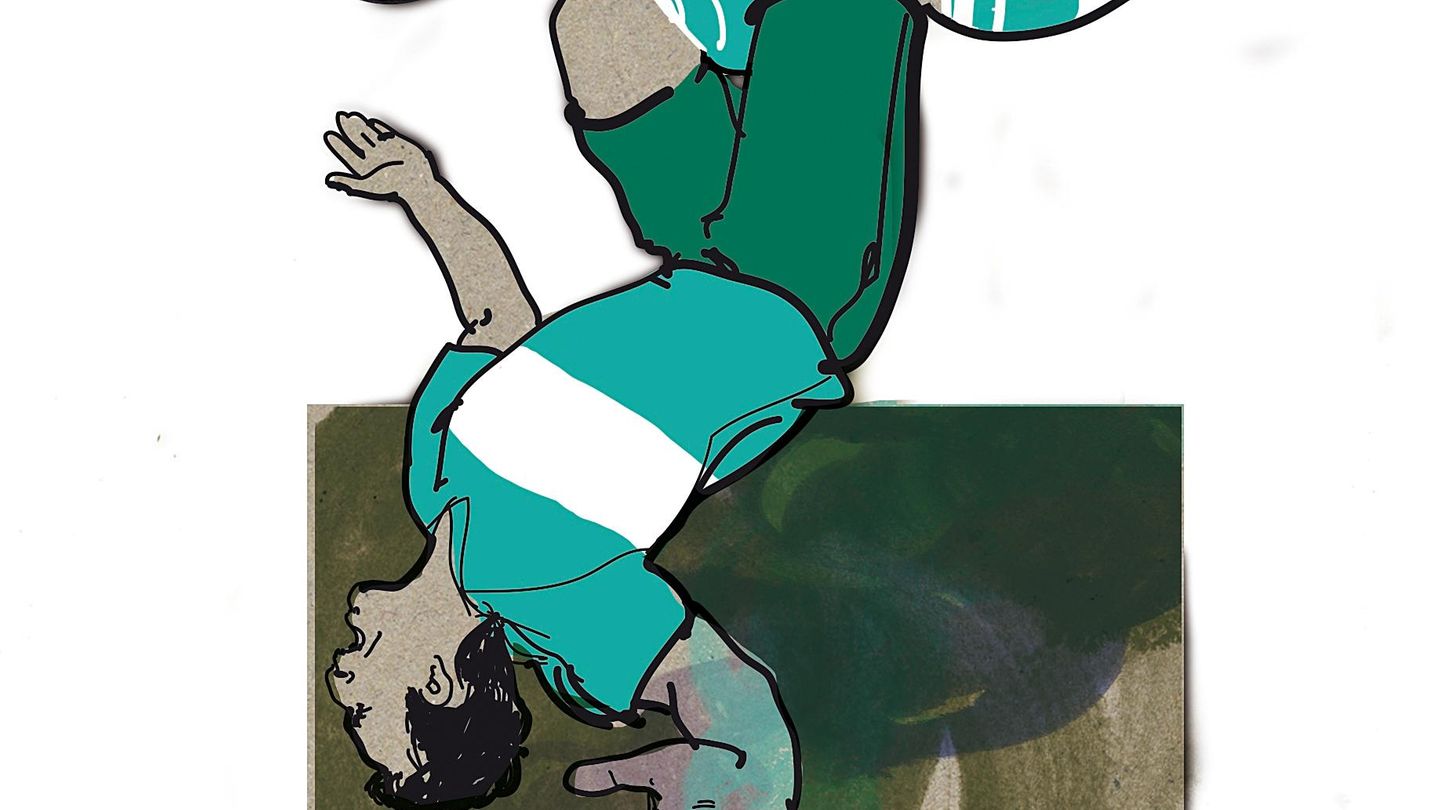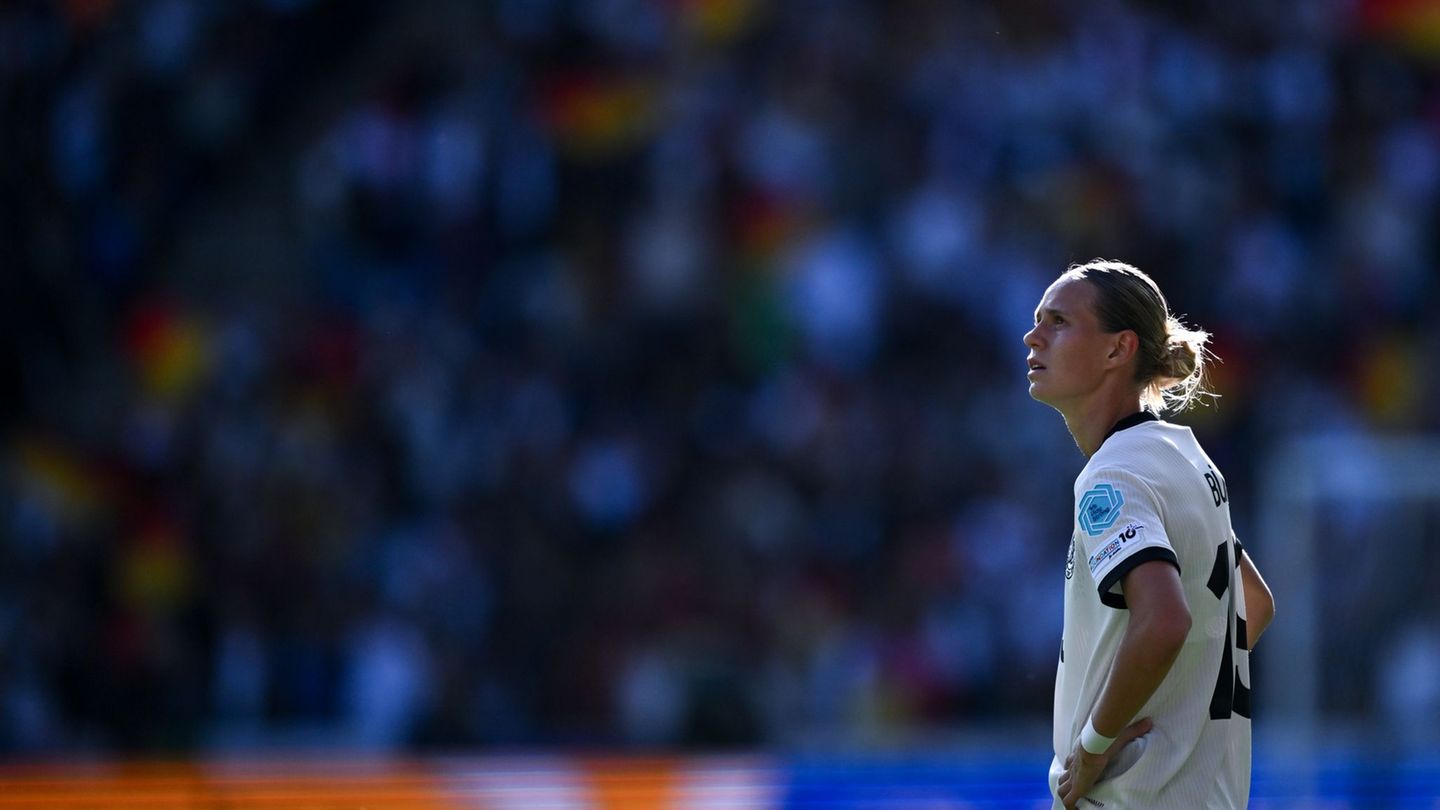The Constitutional Court has ruled that parts of the electoral reform are unconstitutional. The traffic light factions and the Union are discussing the matter. Merz then blames the traffic light.
Following the ruling of the Federal Constitutional Court, no adjustment of the electoral law is planned in the Bundestag until the next election next year. This is the result of a discussion between the parliamentary group leaders of the SPD, Greens, FDP and the opposition Union. Union parliamentary group leader Friedrich Merz criticized the coalition.
Old basic mandate clause back in force for the time being
The Federal Constitutional Court declared the repeal of the so-called basic mandate clause in the new electoral law to be unconstitutional and reinstated this regulation for the time being. This means that parties will continue to enter the Bundestag based on the strength of their second vote even if they are below the five percent hurdle but win at least three direct mandates.
However, the Karlsruhe judges confirmed another key element of the electoral reform, the limitation of the Bundestag to 630 members and the elimination of so-called overhang and compensatory mandates. This means that in future the number of seats in parliament will be determined solely by a party’s second vote result – even if it has won more direct mandates. In this case, the constituency winners with the worst first vote results will go away empty-handed. The Union, the Left and the Bavarian state government, among others, had filed a lawsuit against the reform.
Different opinions
Coalition circles said after the talks between the parliamentary group leaders that there had been fundamentally different assessments between the traffic light coalition and the Union, which could not be resolved in the time still available before the federal election. The next federal election is scheduled to take place in September 2025.
Greens see clarity
When asked by the German Press Agency, Green Party co-chair Britta Haßelmann said: “For the current electoral period, we see no need to take action now with regard to the basic mandate clause. The court’s order provides clarity for the federal election in September 2025.”
In addition, there are very different views on changing the electoral law following the Federal Constitutional Court’s ruling by the SPD, FDP, Greens and Union, said Haßelmann. “For us Greens, the foundations of our new electoral law as a whole have been fully confirmed by the court’s ruling.” The so-called second vote coverage is constitutional. The core of the reform remains. “We are abolishing the overhang and compensatory mandates. We are significantly reducing the size of the next Bundestag to 630 members. It will be filled according to the strength of the parties represented.”
Merz criticizes traffic light coalition
Merz accuses the traffic light factions of a lack of willingness to compromise. After a meeting with the leaders of the traffic light factions, he wrote to the members of the CDU/CSU faction, which was also attended by CSU regional group leader Alexander Dobrindt: “We have rejected negotiations on the electoral law that are limited to the threshold clause and the basic mandate clause during the current electoral term.” The letter has been made available to the German Press Agency.
“We want to talk about strengthening constituency mandates at the appropriate time and not allow ourselves to be taken in for their further weakening.” Further talks with the coalition about the electoral law in the current electoral term are not to be expected.
Criticism of second vote coverage
Merz continued by writing that unfortunately the procedure of so-called second vote coverage invented by the traffic light coalition still exists in the eyes of the Federal Constitutional Court. “This means that in the next federal election we will be voting according to an electoral law that no longer guarantees that a directly elected representative will also be elected to the German Bundestag.” The electoral law will be back on the agenda as soon as the Union is again involved in forming a government.
Source: Stern
I have been working in the news industry for over 6 years, first as a reporter and now as an editor. I have covered politics extensively, and my work has appeared in major newspapers and online news outlets around the world. In addition to my writing, I also contribute regularly to 24 Hours World.




